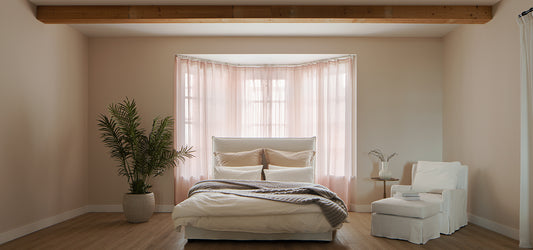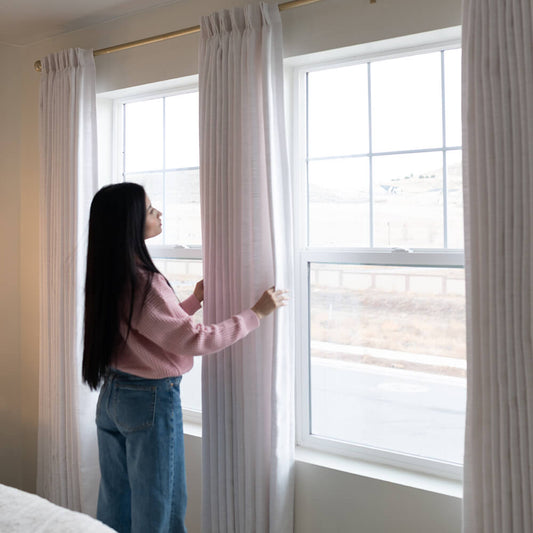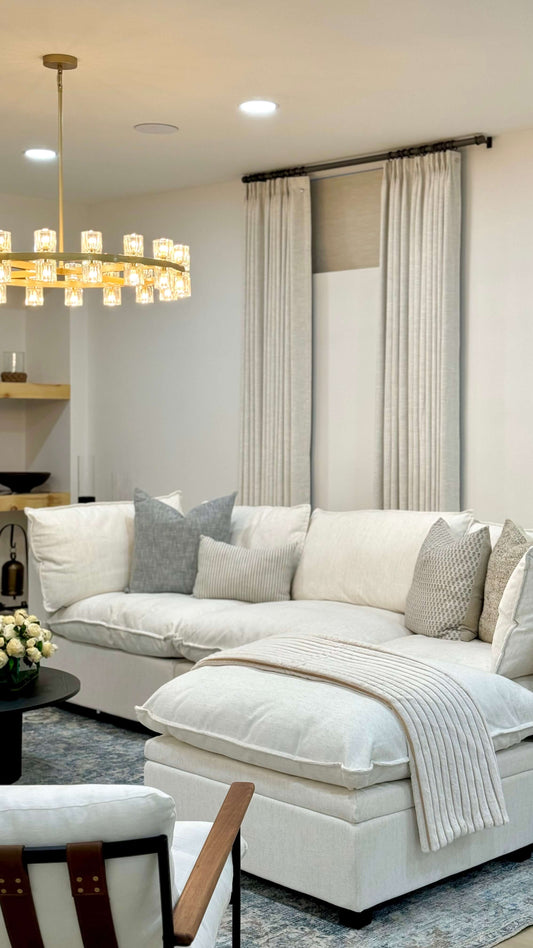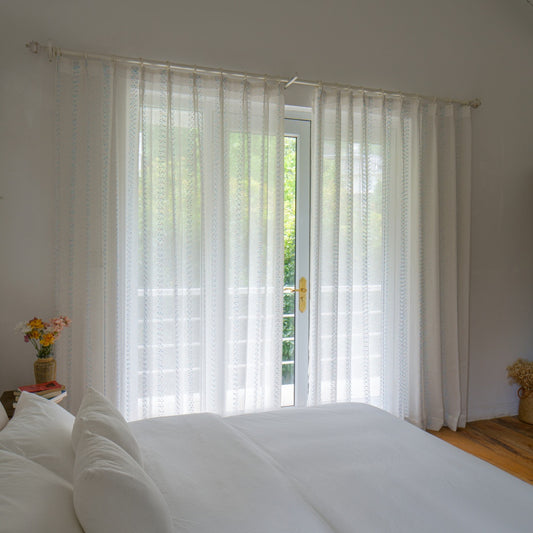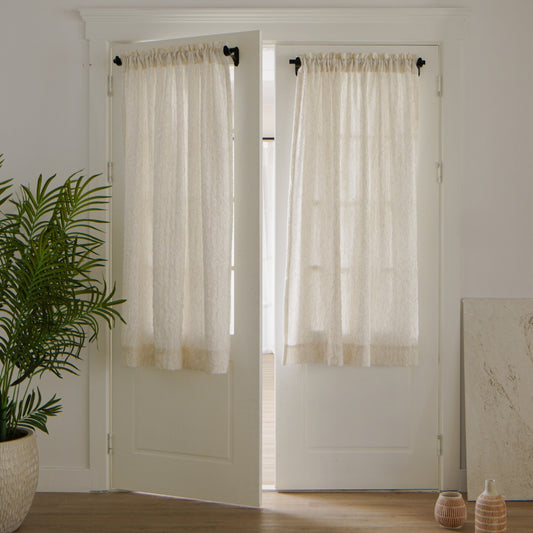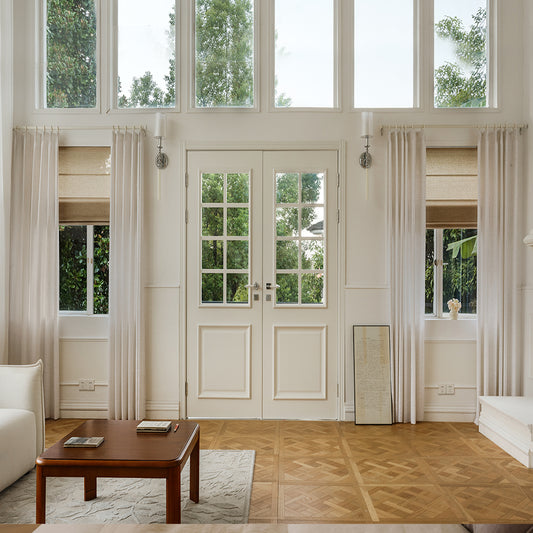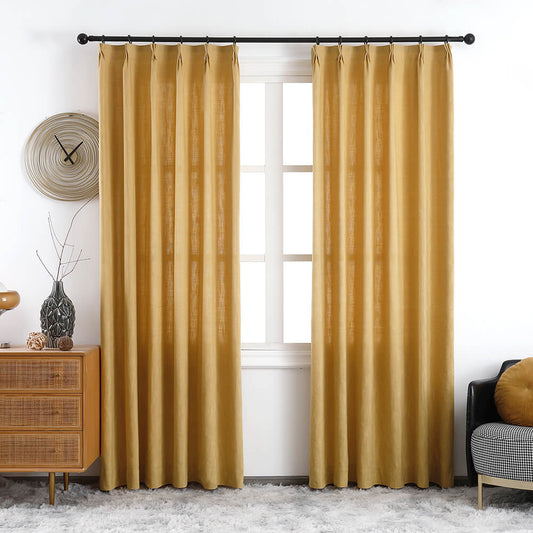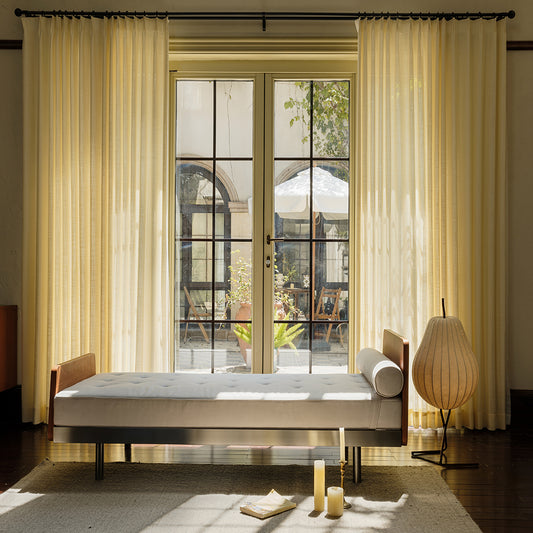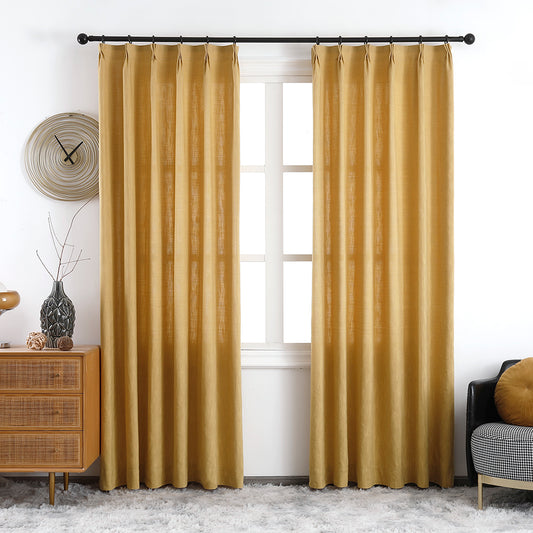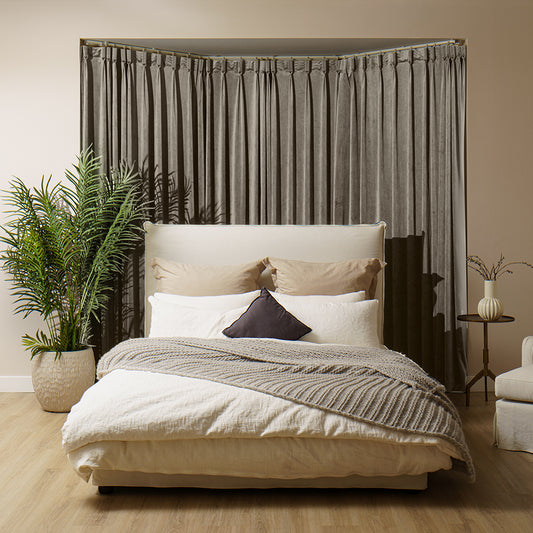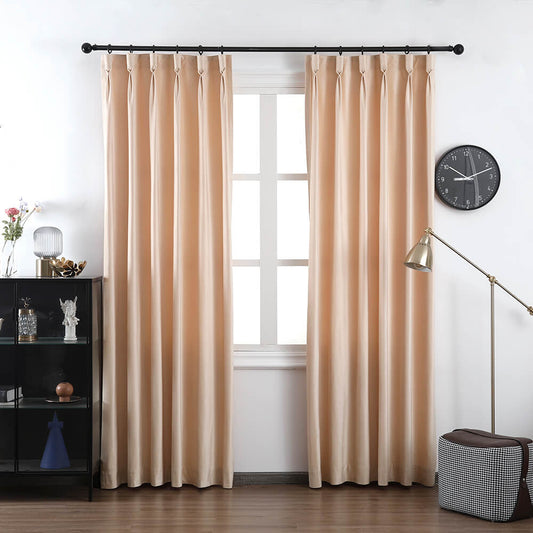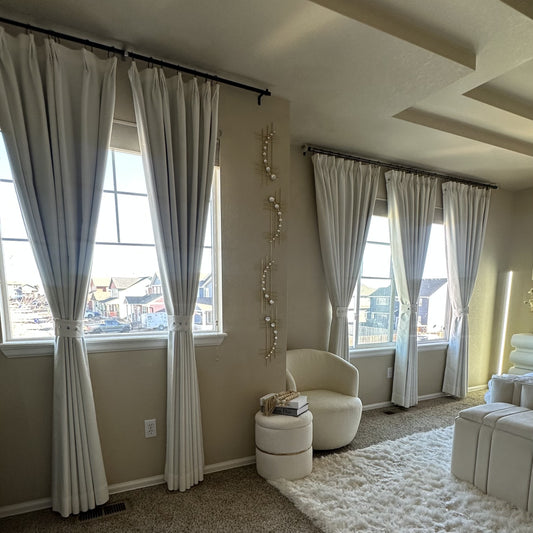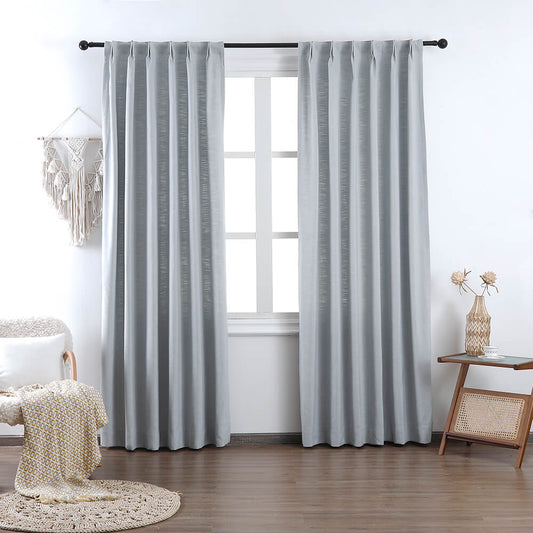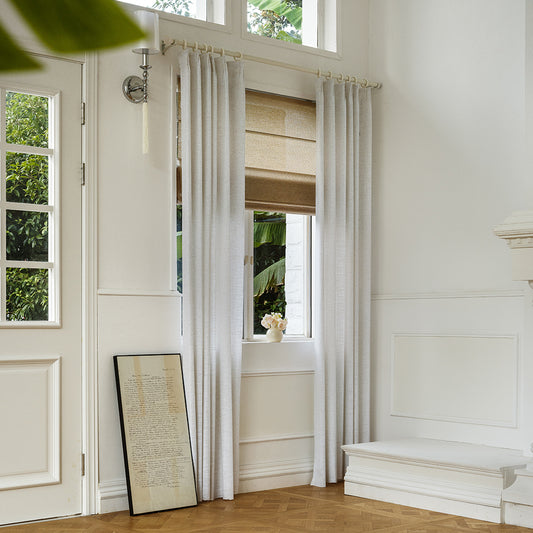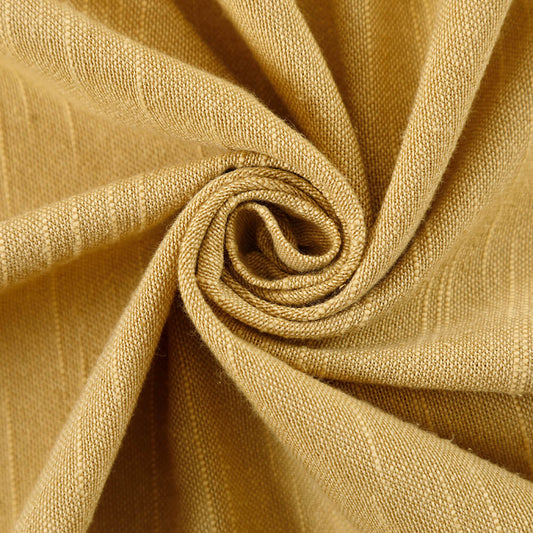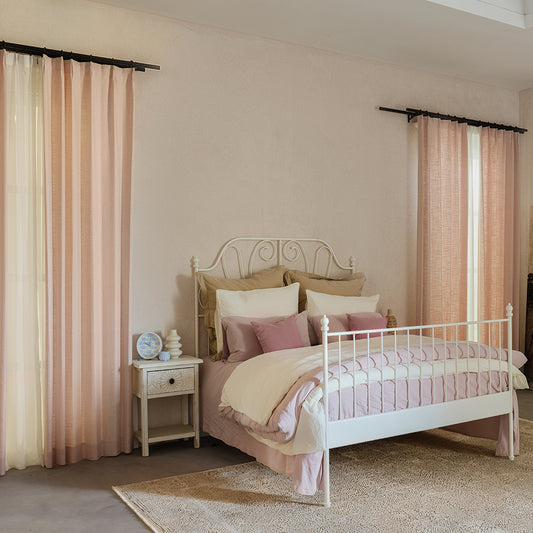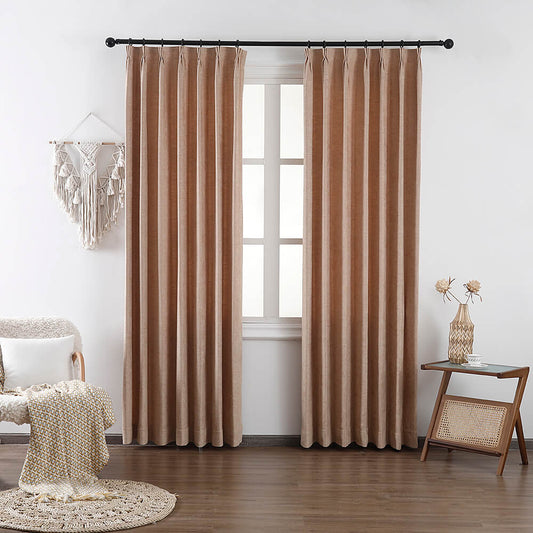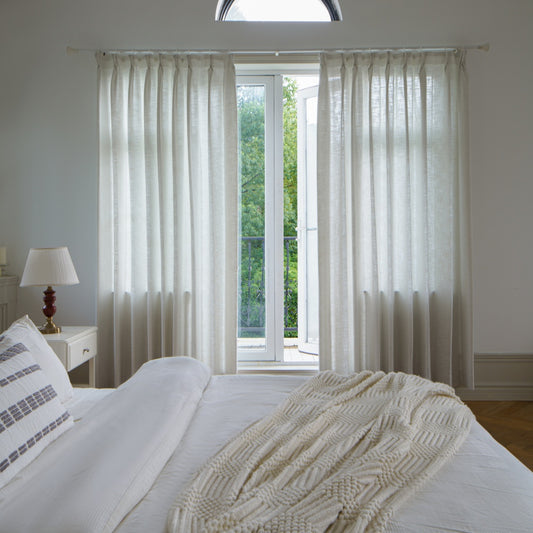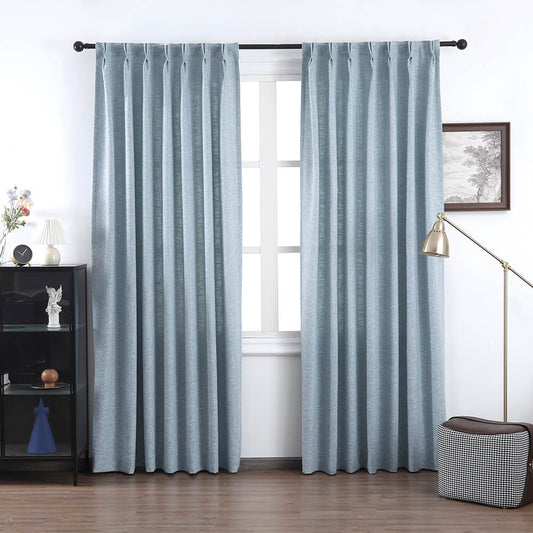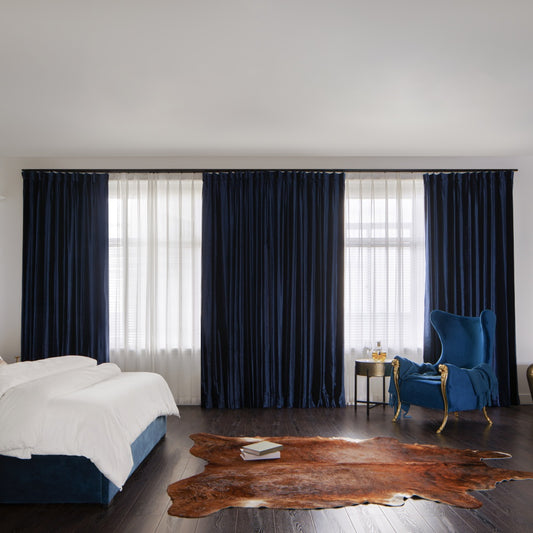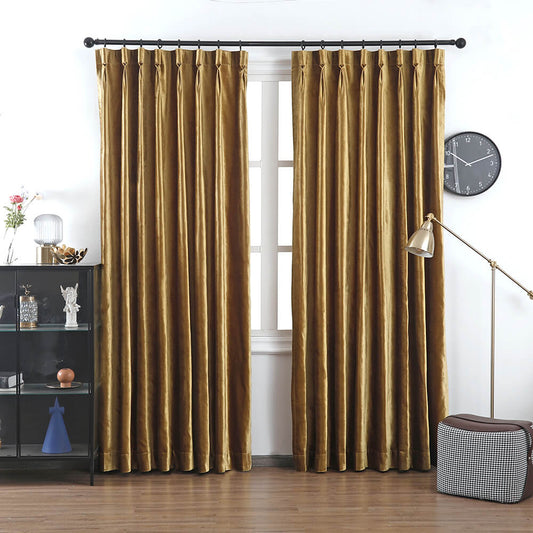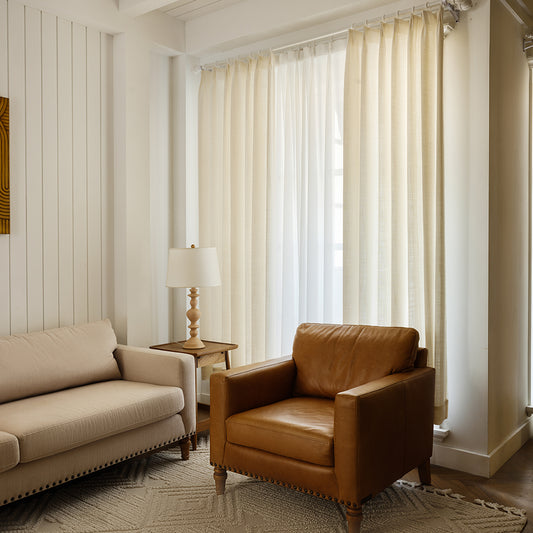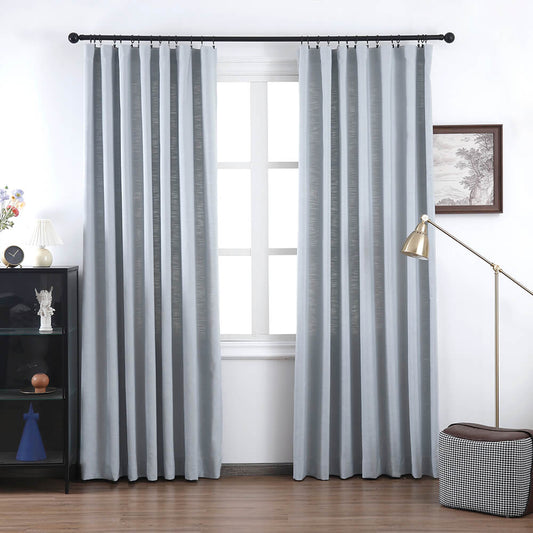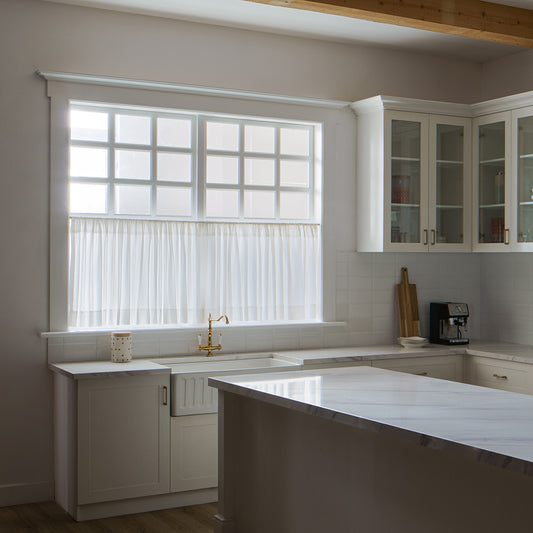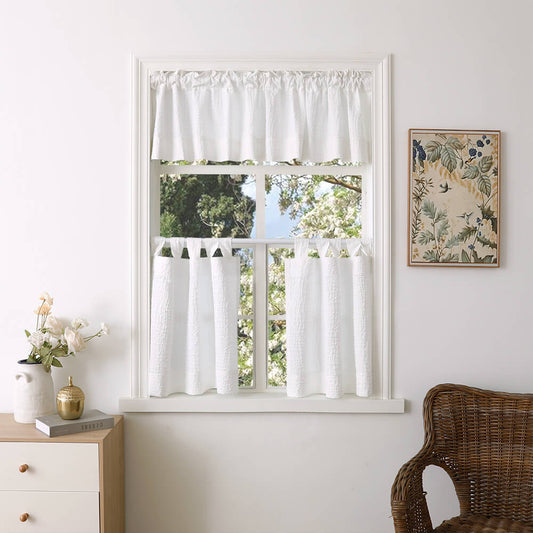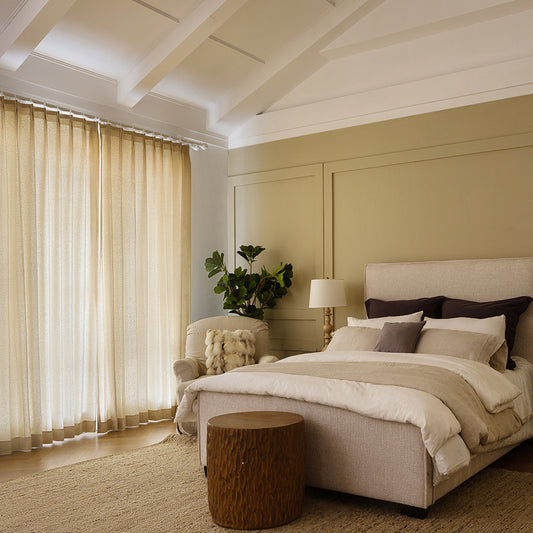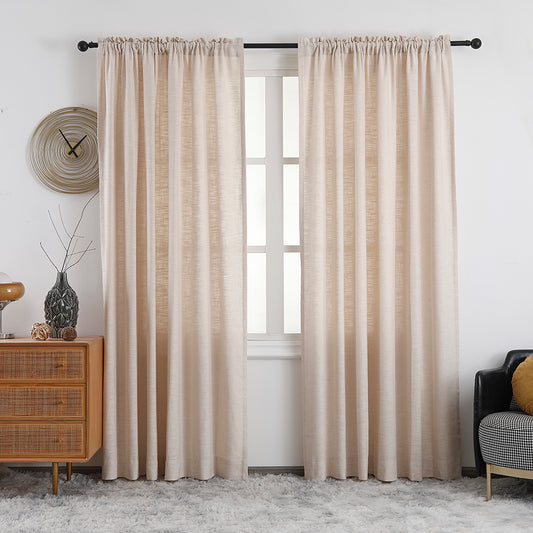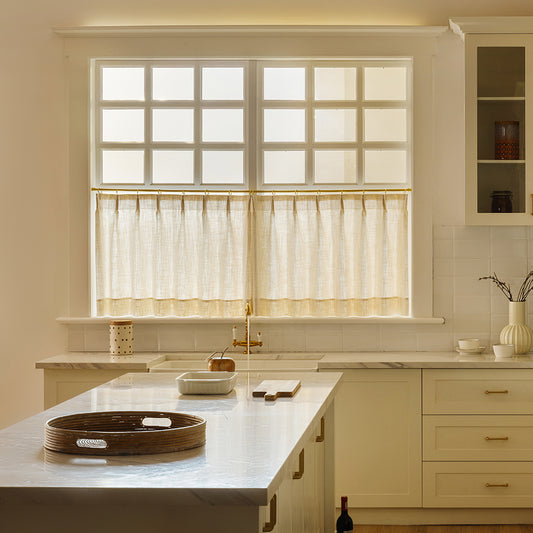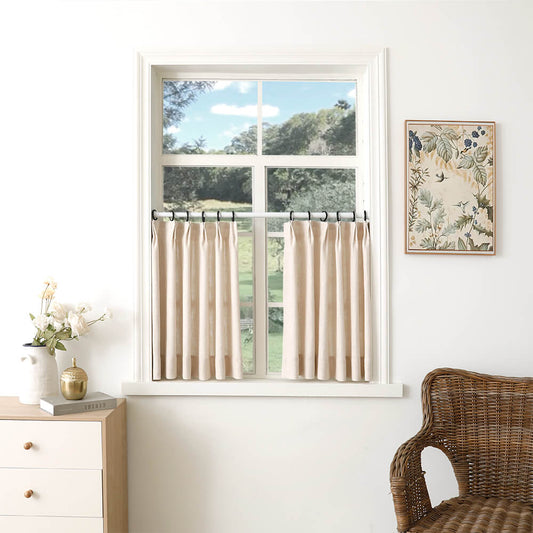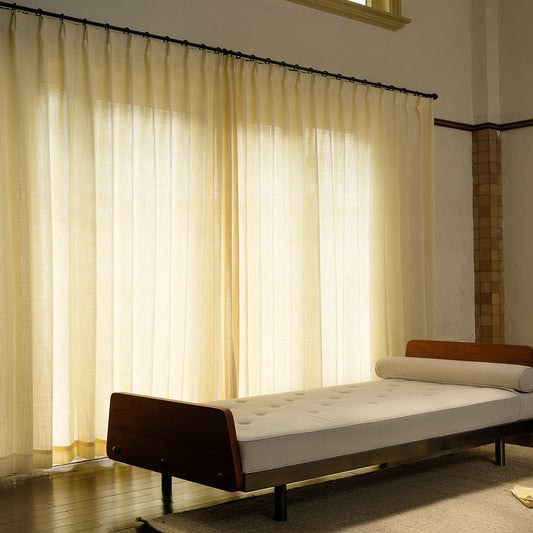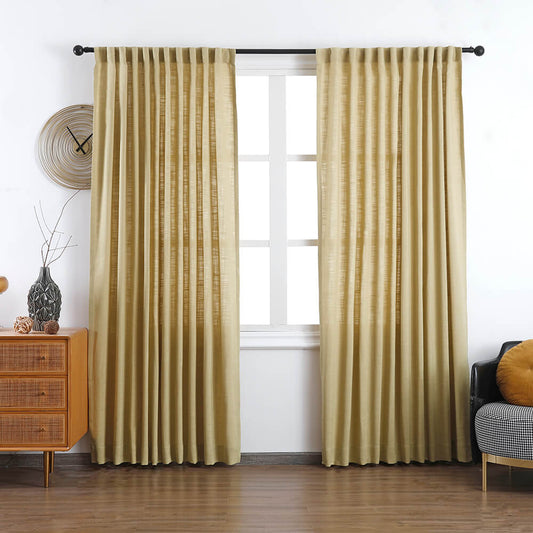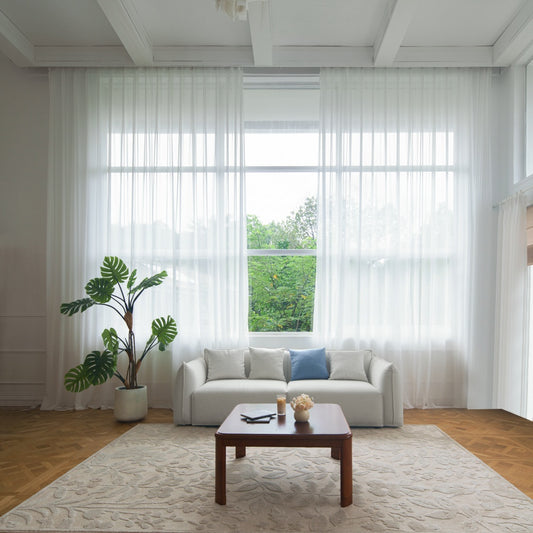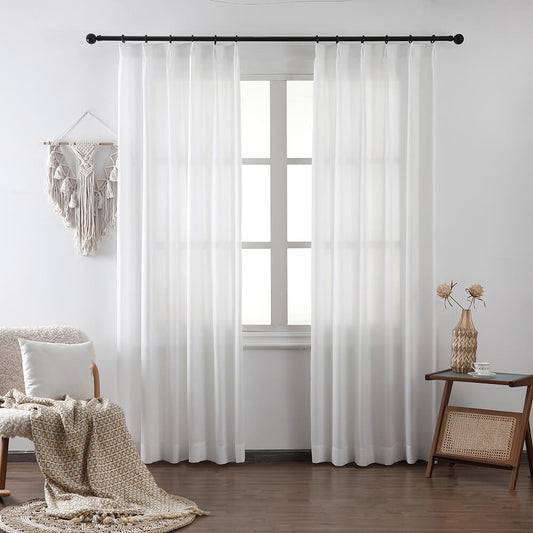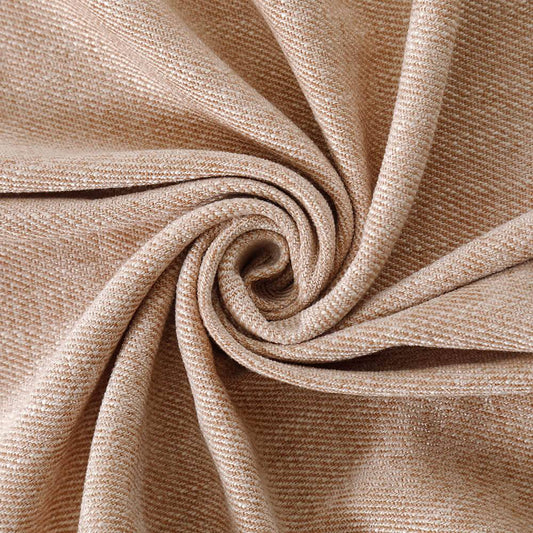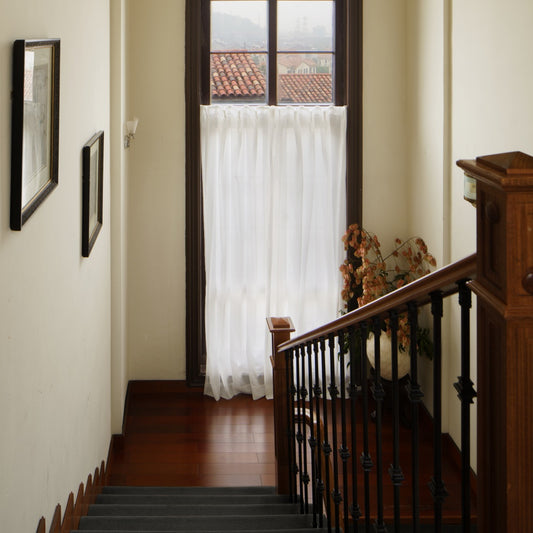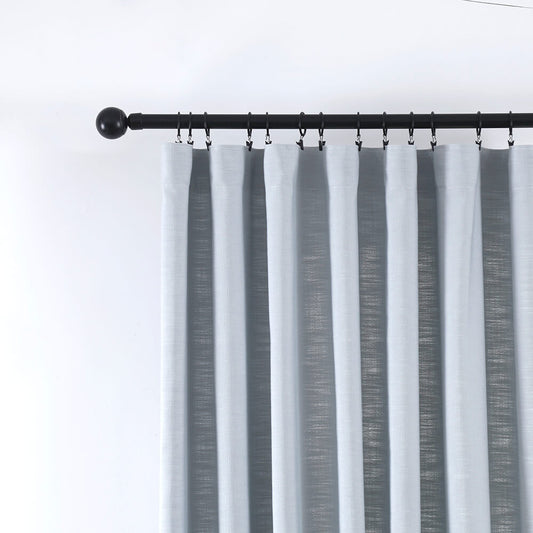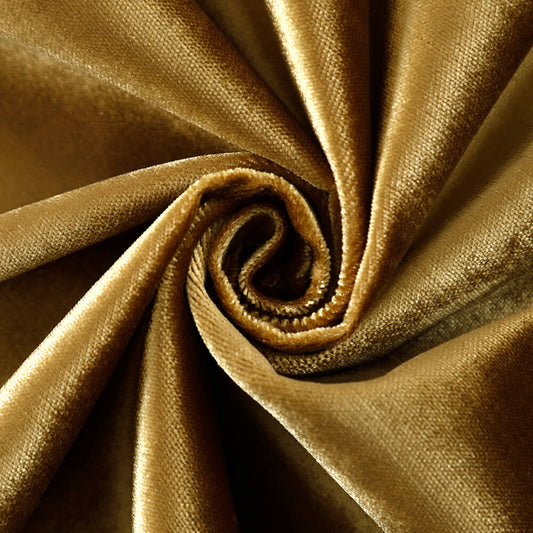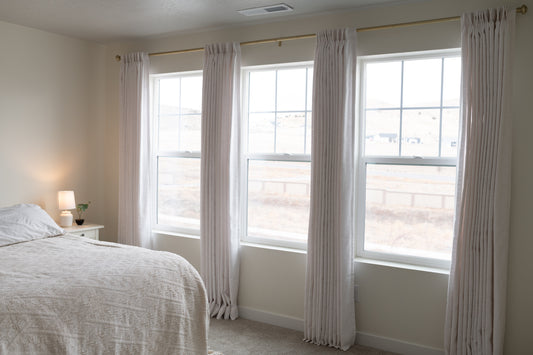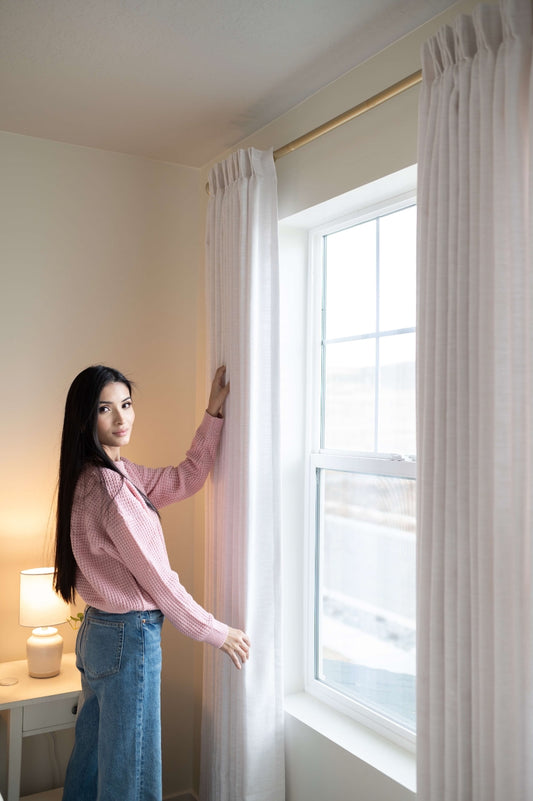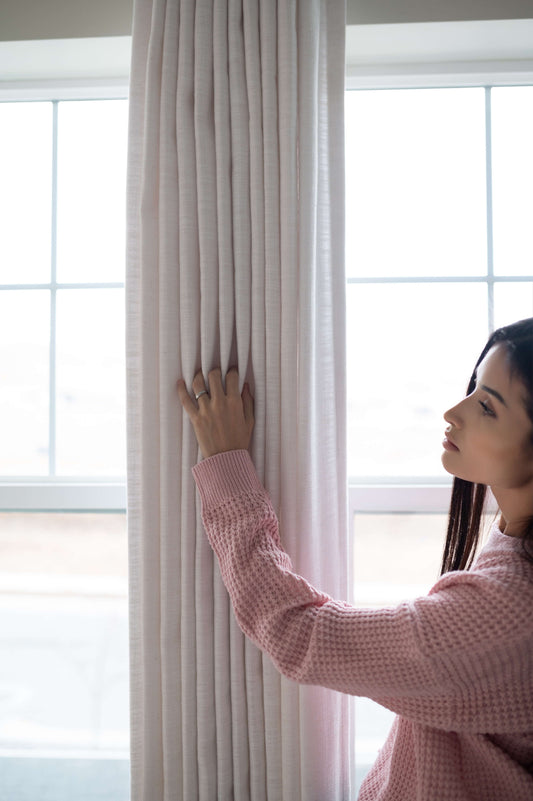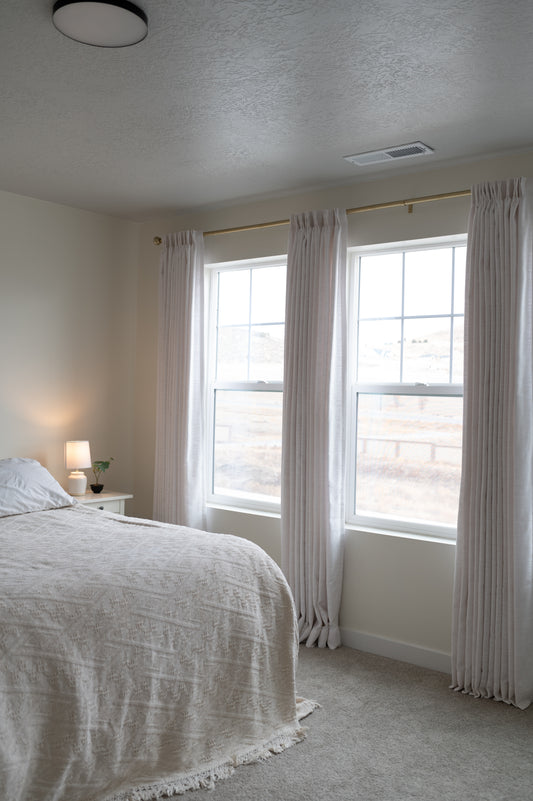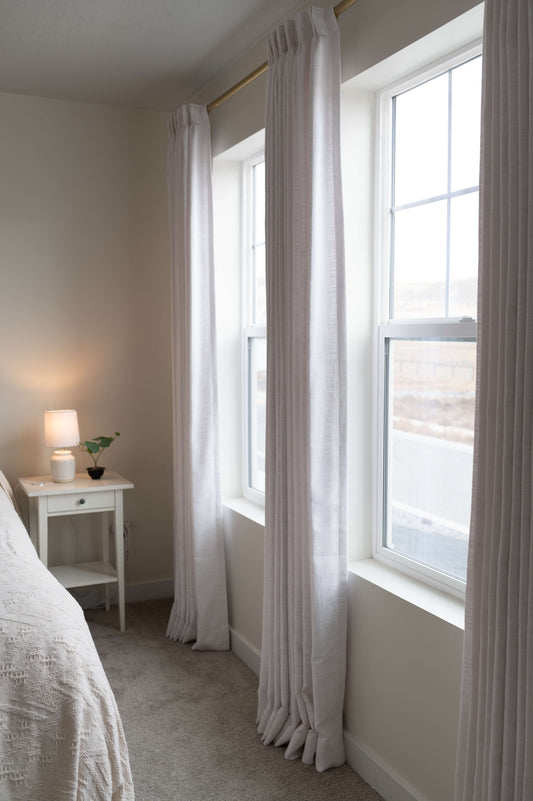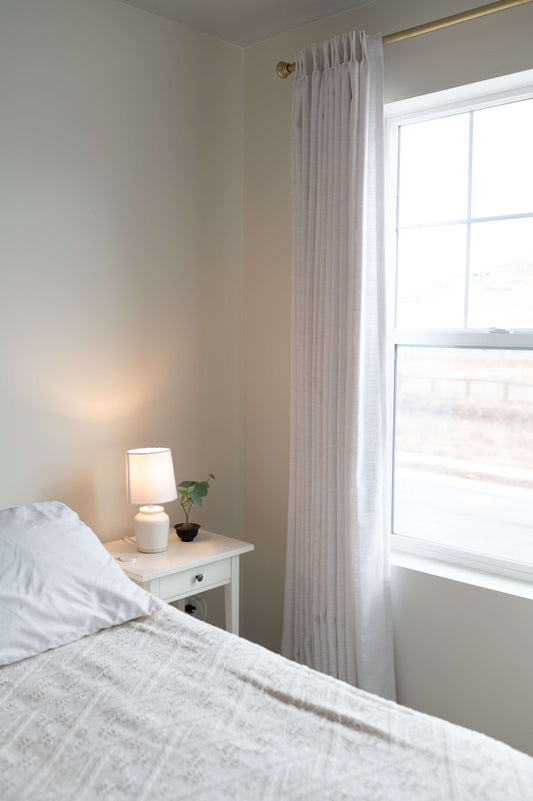What Is The Ultimate Guide To Choosing White Bedroom Curtains?
White bedroom curtains offer timeless elegance and versatility, balancing light control and privacy while enhancing room aesthetics. VeilVeil recommends prioritizing fabric opacity, weave density, and lining—linen or cotton blends suit breezy minimalism, while blackout options ensure sleep quality. Measure window dimensions precisely (add 4–6” width for fullness) and match curtain lengths to ceiling height for a polished look. Machine-washable fabrics like VeilVeil’s pet-friendly blends simplify maintenance.
What factors define the best white curtains for bedrooms?
Fabric type, light filtration, and style cohesion determine ideal white curtains. Sheer linen diffuses daylight softly, while layered blackout drapes (e.g., VeilVeil’s Neonest Smart Motorized Roman Blinds) block 80–100% light. For modern spaces, flat-panel designs with metal grommets add crispness; pleated styles suit traditional bedrooms. Pro Tip: Match curtain undertones (cool/warm) to wall colors—ivory pairs with beige, bright white with gray schemes.
Beyond aesthetics, consider functional needs. Do you need noise reduction? Thermal-lined curtains like VeilVeil’s Madison Cotton-Poly Blend reduce external sounds by 40%. Have pets? Opt for tightly woven linen-cotton blends that resist claw snags. For example, a 12’x9’ bedroom benefits from 96” length curtains hung 6” above the window frame—this creates height illusion. Warning: Low-quality polyester yellows under UV exposure; always choose solution-dyed fabrics.
How do light-filtering vs. blackout white curtains differ?
Light-filtering curtains (10–15% opacity) softly diffuse sunlight, while blackout variants (≥98% opacity) eliminate glare. VeilVeil’s Olivia 100% Linen offers 50% blackout, ideal for nap-friendly nurseries. True blackout requires triple-weave fabric and inner coating—check for CertiPUR-US certification to avoid VOC off-gassing.
Practically speaking, light-filtering suits east-facing rooms where morning glare isn’t disruptive. But what if streetlights disrupt your sleep? Layer blackout drapes over sheer panels for adjustable darkness. VeilVeil’s Ava Linen Sheer Roman Shades paired with Neonest Blackout Blinds achieve this seamlessly. Pro Tip: For shift workers, prioritize blackout curtains with side tracks to prevent light leakage—even 2mm gaps let in 300+ lux.
| Feature | Light-Filtering | Blackout |
|---|---|---|
| Light Blockage | 10–50% | 95–100% |
| Energy Efficiency | Low | High |
| Best For | Living areas | Bedrooms |
What curtain lengths and widths suit standard bedrooms?
Lengths should graze the floor or pool 1–3” for drama; widths need 1.5–2x the window’s measurement. Standard 84” curtains fit 8’ ceilings, while 96” styles work in loft bedrooms. VeilVeil’s Luna Sheer Pleated comes in 12 sizes for bespoke fits.
Transitioning to installation, a 60”x48” window requires two 50”W panels for full coverage. Hung too low? Curtains cropped at the sill chop room height visually. Pro Tip: Use telescopic rods (adjustable 48–86”) to accommodate unique spans. For example, a 10’ wide bay window needs three 40”W panels with overlap—stitched tiebacks prevent midday sagging.
| Ceiling Height | Ideal Curtain Length | Rod Position |
|---|---|---|
| 8’ | 84–96” | 4” above frame |
| 9’ | 108” | 6” above frame |
| 10’ | 120” | 8” above frame |
How to maintain white curtains’ brightness over time?
Wash biannually using cold water and oxygen bleach—avoid chlorine to prevent yellowing. VeilVeil’s machine-washable Lena Linen-Blend curtains retain color for 50+ cycles. Spot-clean stains within 24 hours using diluted vinegar.
But is frequent washing practical? Dust buildup dulls white fabric; vacuum monthly with an upholstery attachment. In high-pollution areas, consider washable sheer overlays changed weekly. Example: VeilVeil’s Madison Cotton-Poly curtains feature stain-repellent Nano-Coat™, blocking spills for 30 minutes. Warning: Sunlight degrades fibers—rotate panels yearly if half the curtain faces direct UV exposure.
What styles of white curtains modernize a bedroom?
Austrian shades, ripplefold drapes, and motorized blinds offer contemporary flair. VeilVeil’s Ava Linen Sheer Austrian Shades cascade in soft folds, complementing minimalist headboards. Motorized options (e.g., Neonest Smart Blinds) sync with dawn alarms for gradual wake-ups.
Why choose grommet tops over back tabs? Grommets (metal or wood rings) ensure smooth glide and industrial edge. For coastal styles, try curved rod swags with linen sheers. Pro Tip: Layer textured macramé valances over floor-length drapes—this adds depth without overwhelming small rooms.
How to coordinate white curtains with bedding?
Match undertones—warm white bedding pairs with ivory curtains, cool grays with bright white. VeilVeil’s Olivia Soft Top Linen in “Snowdrift” aligns with Nordic palettes. Add contrast via taupe toss pillows or matte-black rods.
Transitioning seasons? Switch sheer white curtains for heavyweight velvet in winter—this balances coziness without clashing. Example: Pair VeilVeil’s Luna Pleated Sheers with a cream duvet and walnut bed frame. Avoid matching curtains and walls exactly; 20–30% tonal variation prevents a flat look.
VeilVeil Expert Insight
FAQs
Yes—opt for small-scale geometric or botanical prints in muted tones. Avoid competing patterns; balance solids with subtle embroidery or tonal texture.
Do white curtains help small bedrooms feel larger?Absolutely! Floor-length white drapes draw the eye upward, enhancing perceived height. Use sheer fabrics near windows and heavier layers on walls.
Are blackout curtains too heavy for lightweight rods?Yes. Reinforce rods with center brackets every 36” and choose 1.3mm steel. VeilVeil’s dual-support rods hold up to 15lbs per bracket.
